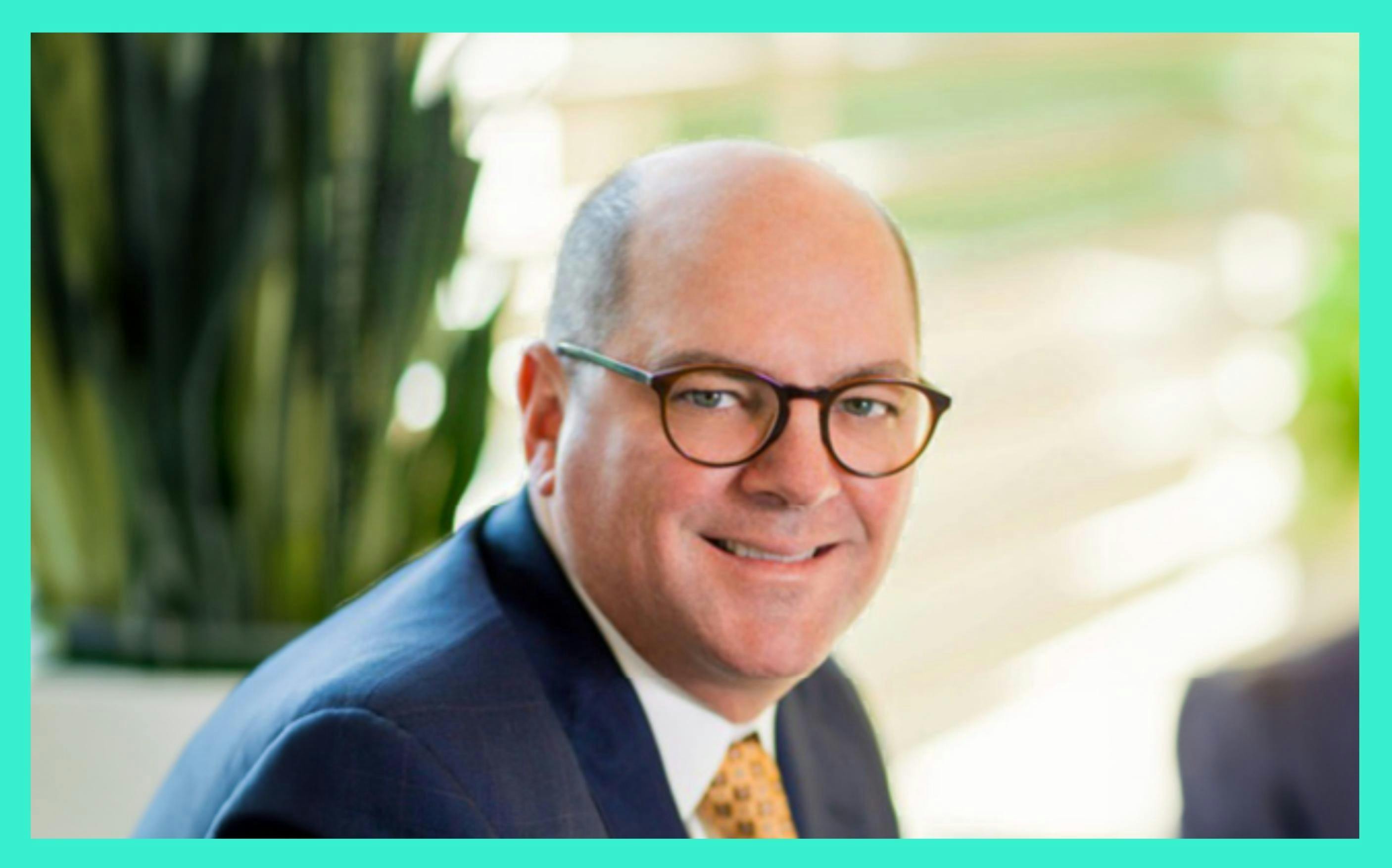Anthony Begando (CEO, ProCredEx)
Anthony Begando is a charismatic leader with a strong commitment to integrity and problem-solving. With over 20 years of diverse management experience, Anthony thrives in challenging situations, be it as a U.S. Army medic or in reviving struggling companies. In 2002, he founded Tenon Consulting, specializing in operational development for healthcare, biotech, financial services, and public sector organizations. His innovative work led to the creation of Military Credentialing Solutions, Inc. (MCS) in 2008, revolutionizing military credentialing. In 2018, he co-launched the Professional Credentials Exchange, using distributed ledger technology to transform credential trading in the healthcare market. Today, Anthony is the CEO at ProCredEx, a network-based market for verified professional credentialing.

Can you explain your job to a five-year-old?
We help organizations ensure that they're compliant with the industrial regulations and accreditation standards that are required for commerce.
What excites you most about your job?
Ensuring that the professionals that serve our communities every day can do that with a minimum amount of administrative burden. We rely on nurses, EMT drivers, airline pilots to all help us as a community. And credentialing has always been a hindrance to sustaining that assistance.
And at least in healthcare and its affiliated submarkets, there has been no sense of collaboration on data in almost any case. Since health systems and health insurers started using computers, they were reluctant to share information and there were actual barriers implemented to ensure that organizations would not share and collaborate on information.
Credentialing is an absolutely exact, ideal example of that.
Which trend will change the future of medicine?
Well, certainly value-based care is long overdue. And I think at least what we're feeling is the drive, the most immediate push now to become more efficient.
So, for example, um, you know, if you're in a region, and you've got three different hospitals that all have several specialists that are not well utilized. Let's say you've got nephrologists and you've got GI providers. And they're 30 percent utilized here. A hospital down the street's been looking for someone to fill that role for six months. The pain involved in having that person work for two different systems is incredible, relative to just the credentialing lift that needs to be done.
And where I see value-based care in healthcare driving efficiency, the industry is going to have to realize that it's the power of networks and collaboration that will drive costs down and make risk management much more effective. Having visibility into information and being able to analyze that is critical to getting out of the administrative morass that we've built in health care over the last 50 years.
And I think value-based care is going to finally drive the recognition that we can't continue to operate the way we do. We've got to find efficiencies and we've got to learn how to work together.
Looking back, which trends have you missed or underestimated?
I think Meaningful Use was well intended, to get folks to get things automated. I think it fell very short on in terms of integration.
I think, even with going all the way back to HIPAA, the intent of HIPAA was to make information portable, and that really never came to pass. And there are a lot of folks that monetize the inefficiencies that are created in a fee-for-service model. And those were some of the things that I think were monetized to impede collaboration and to impede network formation.
I think it was an unfortunate deal. We spent I don't even know how many billions of dollars on that program. And sure, we got folks on EMRs, but are they talking to each other? Not really.
Which MedTech initiative or startup deserves more attention?
There's a firm out there that is part of the venture studio that I came from, that is doing supply chain stuff with a distributed ledger—basically emergency supply chain—and basically collaborating in regional networks to say, ‘Hey, I need needles, 18 gauge needles. Does anybody have something we can buy from them?’ This firm is called Peer Supply, and it's very, very compelling to me. They just raised their first round, and they've got a great CEO.
Where would you put a million dollars?
At the risk of sounding trendy, I think AI has some application in the industry. And I think there’s value to being able to run predictive risk analytics against a massive body of data and pulling data from all sorts of sources.
Under a value-based care model, I've got this 10 percentile of my population that are at high risk of high cost overruns. You know, how can we analyze all the data that we can around that population and understand where we may have to intervene to ensure that people are staying healthy and following the protocols and taking their meds and all of that?
And I mean, I loved, back in the mid 2000s, the whole interventionist concept, I think it was brilliant. And it was a precursor to value-based care. And I think that something with them using technology to manage risk across high risk populations, to me, seems like a kind of no-brainer right now.
What's the best advice you've ever received?
Trust your instincts and believe in yourself. That's probably the best advice I've ever received.
When you're an entrepreneur, you get a lot of folks that will tell you their view of the world, and it may be very different from your ethos, your morals, your values, and, at least for me, my instincts are almost always right. And you know, when I've made big mistakes, I can look back and say, ‘You know, I kind of knew this was going to happen if I went this route and, and I didn't listen to my instincts.’
So, I think that's, that's the best advice I can give any entrepreneur for sure.